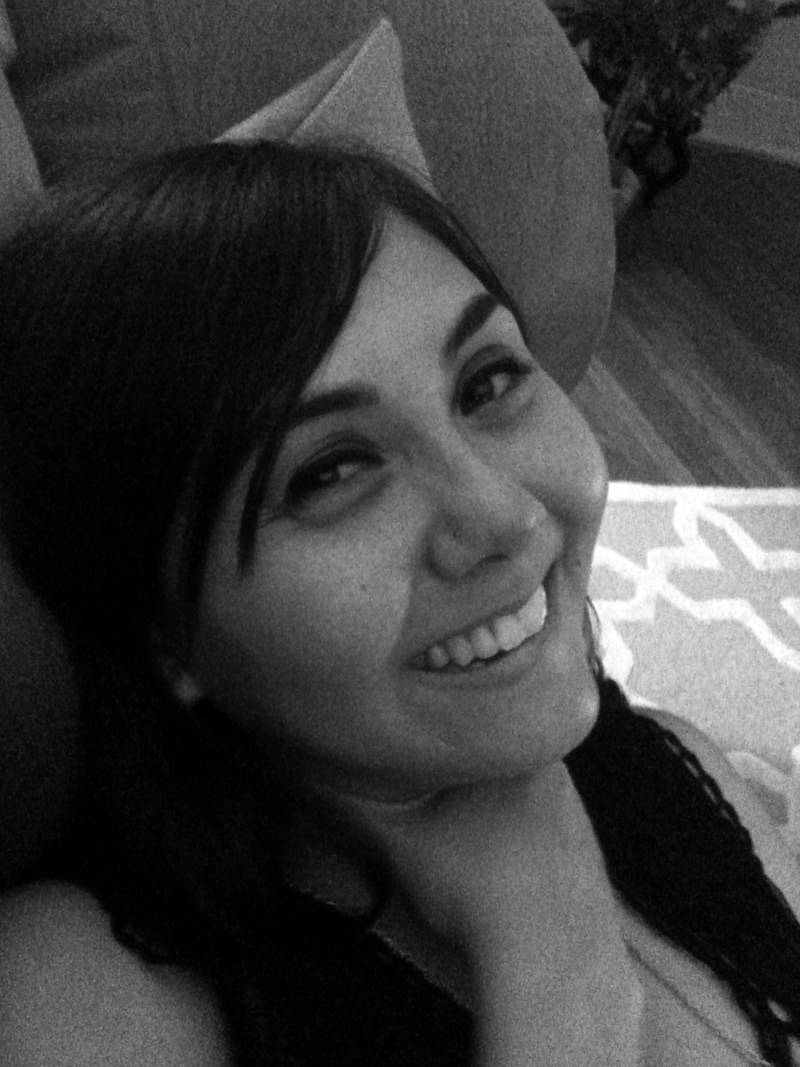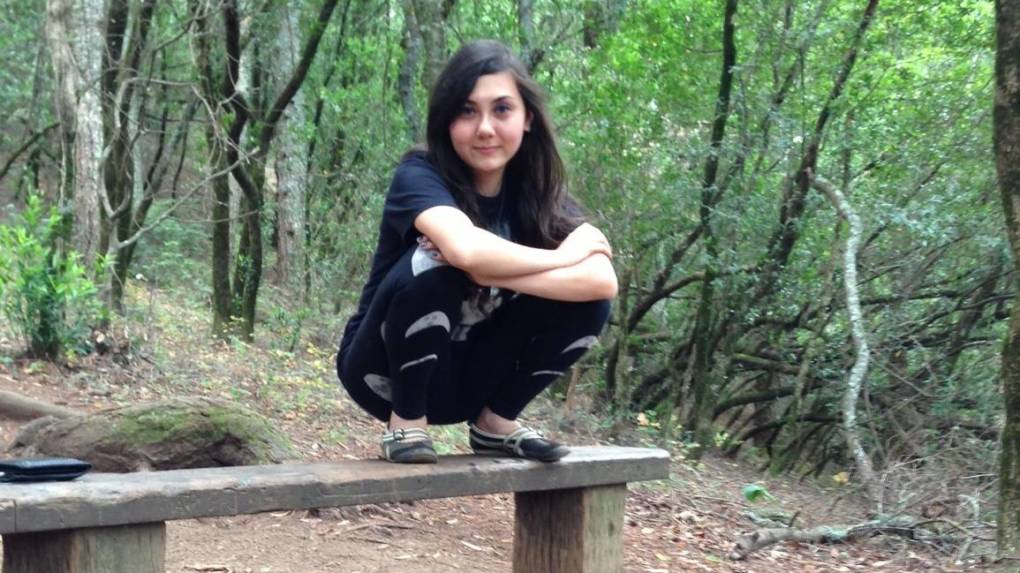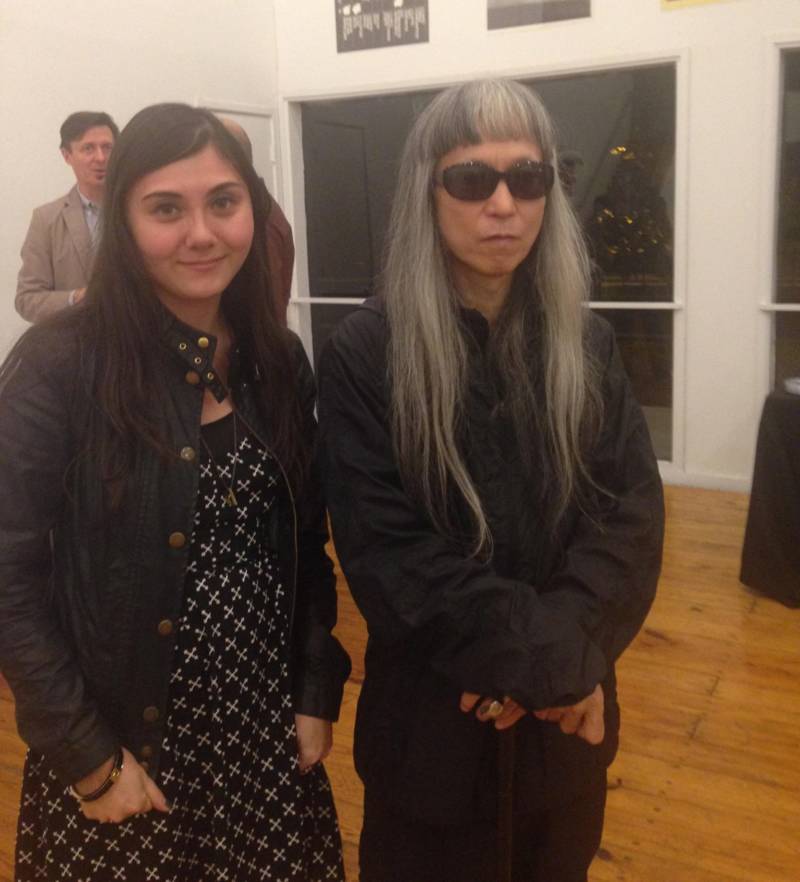On or about Nov. 27, 2013, my dear friend Holly Beeman took her own life. It marked the end of a lifelong struggle with mental illness.
I met Holly more than a decade ago, on a music-sharing forum on the internet. She lived in Ann Arbor and Houston, and I lived in Toronto and San Francisco, but we bonded over a shared love of difficult music: experimental music, industrial music, rough and ragged electronic music, music made by (and for) the kinds of people that never quite fit in, like the murky Arabesques of Demdike Stare, the haunting elegies of The Caretaker, or Emptyset’s caustic sound etchings.
Soon after we met, Holly and I became thick as thieves. At first, we talked mostly about music, sharing new discoveries, old favorites, and filling in gaps in each others’ musical knowledge. Not long after, talk turned to ourselves. Our primary mode of communication was Google Chat, which — in a paradox inestimable to the greatest generations and blithely obvious to the millennial ones — afforded us a degree of closeness, honesty, and intimacy that neither of us found in our day-to-day, face-to-face relationships. We weren’t lovers, but we loved each other. We were kindred spirits.

Throughout, we kept each other company as we dealt with life’s ups and downs. She had job applications, the travails of graduate school, and perilous friendships. I had the residue of ending a long-term relationship, the struggle of big-city living, and the fits and starts of establishing myself as a writer.
Earlier, in 2004, thanks to some tireless international crate-digging at our own Aquarius Records (R.I.P.), I discovered James Blackshaw, a British composer and guitarist of boundless talent. From the first listen, I was enthralled: Blackshaw plays the twelve-string guitar (whose strings, double the number as usual, sound pearlescent and celestial in comparison) like he was born to do so, performing his own longform compositions inspired by the minimalism of Reich and Riley, the serialism of 20th century European classical composers, and John Fahey’s American primitivism. Listening to Blackshaw’s music felt like being ensconced in a cloud.




